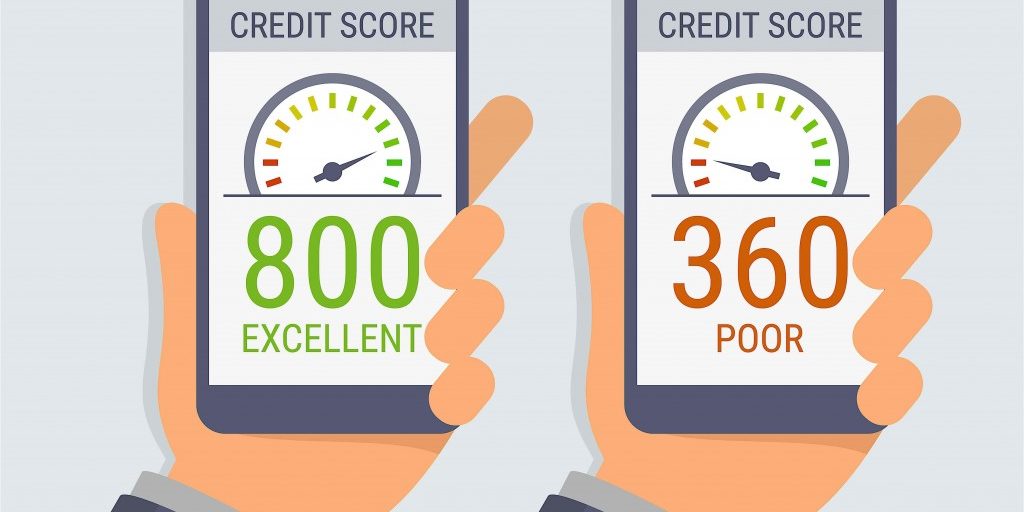A quality credit score is one of the most valuable assets a real estate investor can have. This resource has the authority to not only retain attractive mortgage and refinancing rates, but amplify an investor’s negotiating power when seeking a loan. While a lower score will not automatically disqualify potential investors, this all-important number in residential redevelopment could hinder one’s ability to access certain loan programs.
“Credit scores are a crucial component of the homebuying process, impacting everything from the size of a mortgage payment to the interest rate on a home loan,” said Senior Vice President for TransUnion, Ken Chaplin.
“People with subprime credit may face financial barriers to homeownership, making it difficult for their dream home to become a reality,” said Chaplin.
The good news is that there are still ways to invest in real estate with bad credit, including several ways to do so without using your personal budget. As an investor, the first stage is to understand the importance of your credit score, including ways to improve it.
Before getting started, investors typically have one question loaded: how important is your credit score in real estate? The importance of a quality credit score should never be undervalued, especially for real estate investors. Great credit equates to better deals and money saving tactics — which, in return, provides multiple options to finance real estate and navigate the mortgage lending process. The secret is understanding how a credit score is compiled and what factors affect it.
A typical credit score is analyzed in points. FICO, the most popular scoring model, ranges from 300 – 850:
- Bad Credit: 300 – 600
- Poor Credit: 600 – 649
- Fair Credit: 650 – 699
- Good Credit: 700 – 749
- Excellent Credit: 750 – 850
It’s also important to note there are several credit scoring models — Equifax, Transfix, and VantageScore — that each have their own evaluation systems, which are based on different factors. Generally speaking, however, a typical credit score calculation is comprised of five major factors:
- Payment History = 35 percent
- Outstanding Balances = 30 percent
- Length of Credit History = 15 percent
- Types of Accounts = 10 percent
- Credit Inquiries = 10 percent
Credit scores are important in the eyes of a lender because it determines what risk you pose to them. It essentially provides a statistical method to determine the likelihood a person pays back the money they have borrowed. The average credit score for a conventional real estate loan is 752. Scores above 760 are viewed as top tier, with lenders generally offering the best rates and most choices for these borrowers. Credit scores below 620 fall into the subprime category, which can make it much more difficult to locate a loan provider.
“The homebuying process begins well before you start looking for real estate,” Chaplin said. “A credit score, which significantly impacts the home financing process, is built on good spending habits and a pattern of responsible borrowing established over a lifetime.”
Credit scores are built over long periods of time with several key elements influencing them. As a real estate investor, the first step is to pull your credit report and evaluate where you stand. There are three major U.S. credit bureaus — Experian, Equifax, and TransUnion, and each one uses its own method to determine a score. For those with less than favorable scores, it’s important to realize they can always be improved. The next step is understanding how to move forward with bad credit.
taken from https://www.fortunebuilders.com/how-important-is-your-credit-score-in-real-estate/




